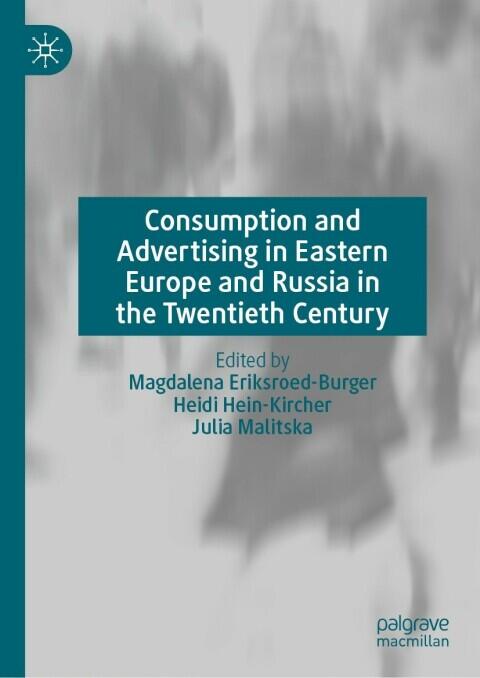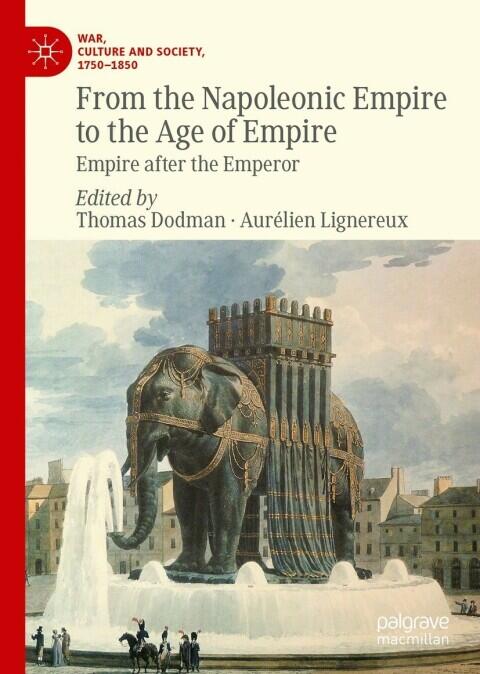
Consumption and Advertising in Eastern Europe and Russia in the Twentieth Century
por
Stefan Gross
Ainda sem avaliações
History
Business & Economics
Formato
Kindle
Páginas
438
Idioma
Alemão
Publicado
Jan 1, 2023
Editora
Palgrave Macmillan
Edição
4
ISBN-10
303120204X
ISBN-13
9783031202049
Descrição
Stefan Gross delves deep into the intricacies of consumer culture in Eastern Europe and Russia throughout the twentieth century, offering a compelling examination of how advertising shaped and was shaped by societal changes. The narrative unfolds against the backdrop of a region marked by political upheaval and economic transition, where consumer behaviors not only reflected personal choices but also collective identities.
With a comparative lens, Gross invites readers to consider the contrasts and similarities across different countries and eras, illustrating the impact of historical events on consumption patterns. He analyzes how advertising evolved in response to shifting political landscapes, revealing how mass media became both a tool for persuasion and a mirror reflecting societal values and aspirations.
By weaving together cultural history with insights into marketing strategies, this exploration provides a rich understanding of how people in Eastern Europe navigated their desires and identities amidst the complexities of the twentieth century. The book offers a nuanced perspective, making it an essential read for those interested in consumerism, advertising, and the socio-political fabric of the region.
With a comparative lens, Gross invites readers to consider the contrasts and similarities across different countries and eras, illustrating the impact of historical events on consumption patterns. He analyzes how advertising evolved in response to shifting political landscapes, revealing how mass media became both a tool for persuasion and a mirror reflecting societal values and aspirations.
By weaving together cultural history with insights into marketing strategies, this exploration provides a rich understanding of how people in Eastern Europe navigated their desires and identities amidst the complexities of the twentieth century. The book offers a nuanced perspective, making it an essential read for those interested in consumerism, advertising, and the socio-political fabric of the region.
Avaliações
Nenhuma avaliação ainda
Seja o primeiro a avaliar este livro e compartilhe seus pensamentos
Adicione a Primeira AvaliaçãoRegistro de Leitura
Nenhum registro de leitura encontrado
Comece a rastrear seu progresso de leitura para ver os registros aqui
Adicione Seu Primeiro Registro de LeituraNotas
Registro de transações
Nenhum registro de transações encontrado
Comece a rastrear suas transações de livros para ver os registros aqui
Adicione seu primeiro registro de transações










![“Collector’s Edition” Geschichte des Hochstifts Osnabrück bis zum Jahre 1508 Volume 1 1853 [Premium Leather Bound]](https://www.bookpine.com/images/cover.png)







